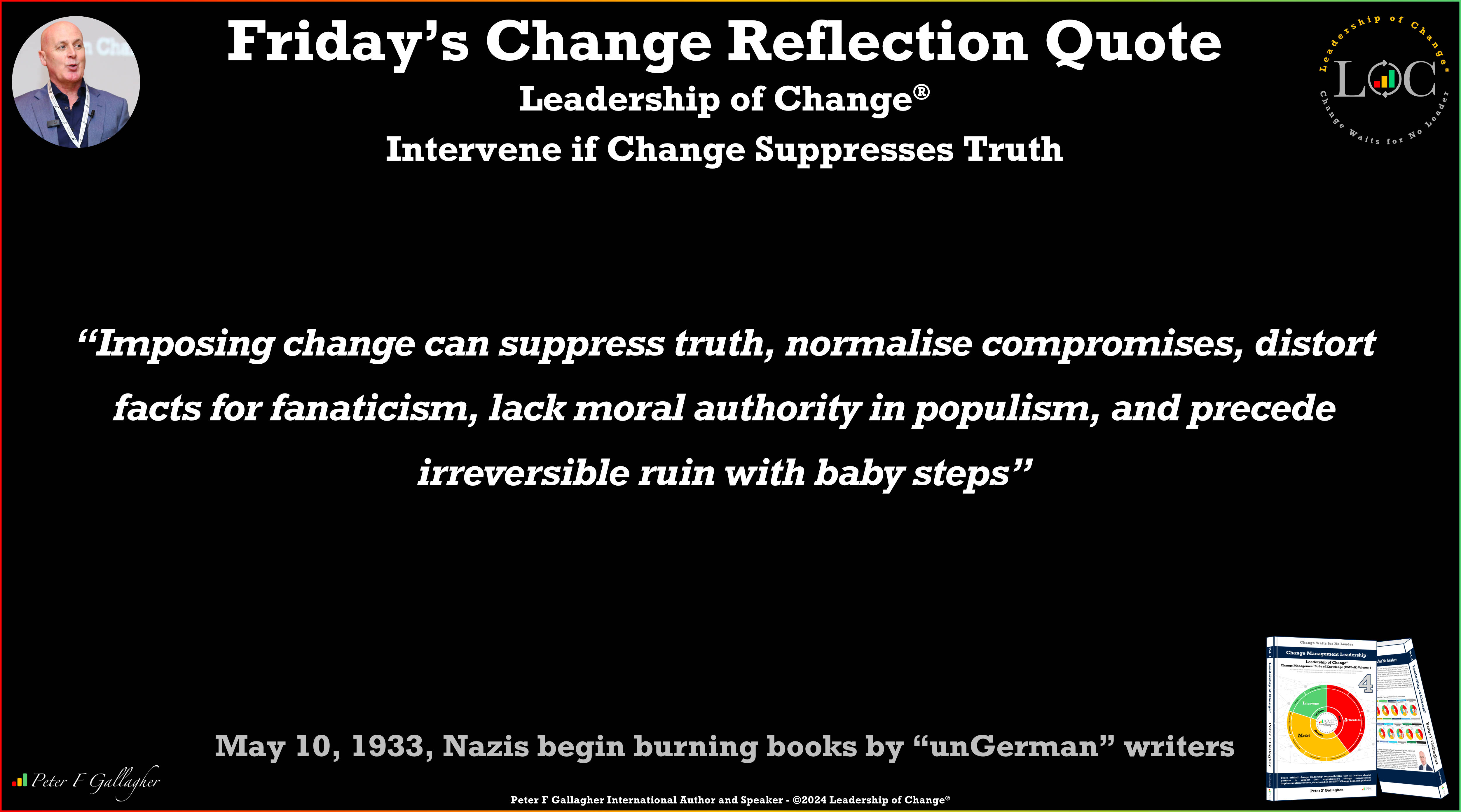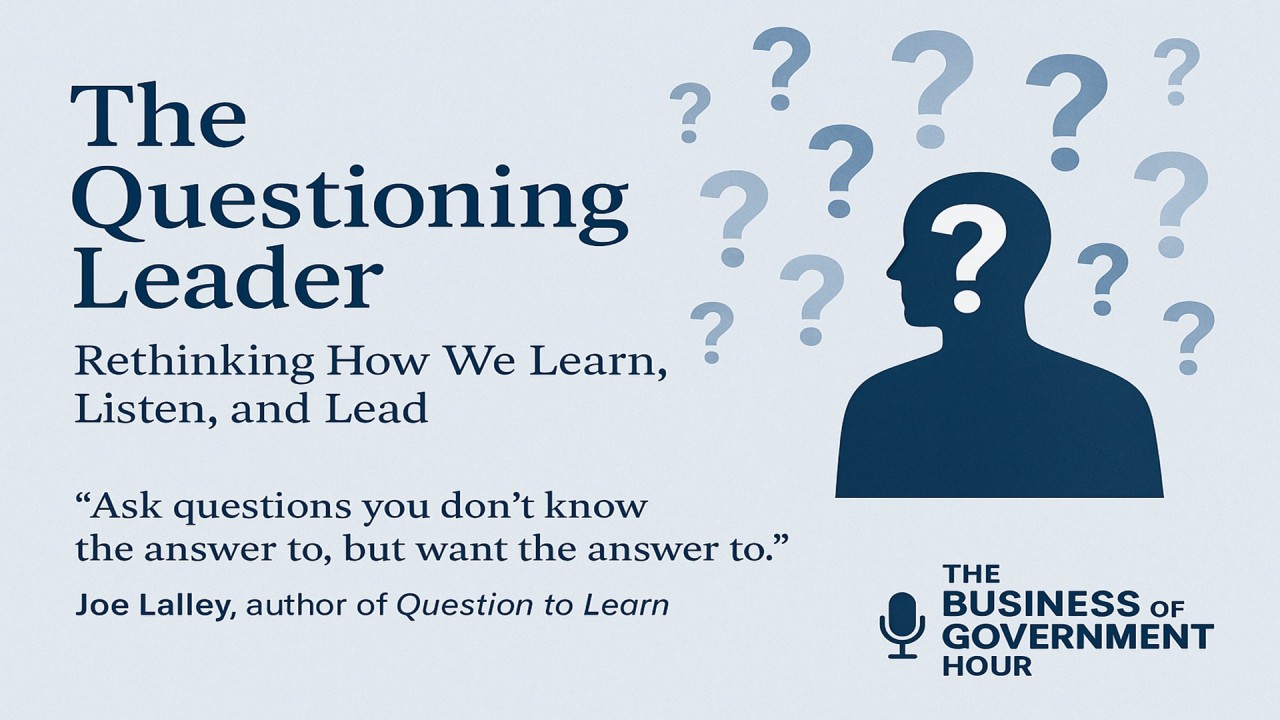May10

1933, Nazis begin burning books by “unGerman” writers.
Happy Friday!
On this day, May 10, 1933, the Nazis conducted one of the first massive public book burnings targeting blacklisted authors. Ninety-one years ago, university students in Germany fuelled massive bonfires with tens of thousands of books ripped from library shelves and private collections during a night of nationwide coordinated raids. Jewish, liberal, foreign, and pacifist authors from all manner of blacklisted works watched their printed words go up in smoke as Adolf Hitler’s regime moved to align German thought and culture with their fascist ideology. The book burning ceremonies occurred in over 30 cities, centred in Berlin’s Opernplatz outside the university and coinciding with similar events at many campuses. Regime leaders like propaganda chief Joseph Goebbels gave speeches during the spectacle to whip angry crowds into a frenzy as further justification for destroying ideas objectionable to the Nazis. In addition to purging dissent, the public spectacle established forceful control over what Germans could access and read. Over the dozen years of Nazi rule, over 200 million books were banished or destroyed as the party tightened its totalitarian grip. The mass destruction of blacklisted literature represented a watershed shift from Germany’s open, intellectually vibrant Weimar Republic towards oppressive totalitarianism. Germans prided themselves on being a nation of thinkers, denying access to knowledge via book burnings that destroyed environments where ideas could be freely explored. Ultimately, the entirety of WWII traces back to early incremental steps where populaces failed to recognise descent down dangerous paths, too late realising the infernos they fuelled.
On the day before the planned book burning, Helen Keller, whose book was burned, wrote an open letter to the students, which was published in the New York Times. She wrote, “History has taught you nothing if you think you can kill ideas. Tyrants have tried to do that often before, and the ideas have risen up in their might and destroyed them.” Forced transformations often serve political or organisational aims rather than collective good, making truth an unfortunate casualty, and change leaders must acknowledge inconvenient realities rather than sweep them aside. Change leaders must consciously monitor and check compromises before they lead to the erosion of ethical norms over time through tolerance of the intolerable. Fanaticism thrives by distorting facts and eliminating contradictory knowledge without factual integrity against alternate narratives. Populism alone lacks moral authority; thus, leaders of change should empower scrutiny of change initiatives before blind support and intervene as necessary. Small concessions to moral failings can lead down a path of irreversible ruin if left unchecked, culminating in catastrophe. Change leaders must be vigilant and sound the alarm at the first signs of incremental ethical erosion. Intervene if Change Suppresses Truth.
"Imposing change can suppress truth, normalise compromises, distort facts for fanaticism, lack moral authority in populism, and precede irreversible ruin with baby steps"
The third critical responsibility for the leadership team in fully implementing their organisation’s change is ‘Intervene to Ensure Sustainable Change.’ Once the leader’s change vision has been implemented, it is crucial to make it a sustainable and integral part of the organisation’s day-to-day operations. This responsibility requires the leadership team to be effective and proactive in intervening to reinforce the change. Change leaders must be vigilant and alert to any signs of incremental ethical erosion or backsliding during the change implementation process. They need to be prepared to intervene swiftly and decisively to address any deviations or threats to the successful adoption of the change. Without active intervention from leaders, even the most well-planned and executed change initiatives can falter. Leaders and managers who fail to intervene and reinforce the change risk allow the organisation to revert to its previous state, undermining the entire change effort. Sustaining organisational change requires constant reinforcement and vigilance from the leadership team. By proactively intervening to address any challenges or setbacks, leaders can ensure that ethical change becomes deeply embedded in the organisation’s culture and operations, leading to long-term success and sustainable change and transformation.
Final Thoughts: Sustaining ethical change demands vigilant leadership intervention. Ignore ethical erosion at your peril. Proactively reinforce change through principled leadership to embed it as the new normal, or risk disastrous regression.
Further Reading: Change Management Leadership: Leadership of Change Volume 4
Have a fantastic weekend with the ones you love and care for, enjoy some fresh air, exercise, eat, drink and be happy.
Peter consults, speaks, and writes on the Leadership of Change®. He advises CEOs on how to prepare and align their corporate leadership teams to successfully lead their organisation's change.
For further reading please visit our websites: https://www.a2b.consulting https://www.peterfgallagher.com Amazon.com: Peter F Gallagher: Books, Biography, Blog, Audiobooks, Kindle
Leadership of Change® Body of Knowledge Volumes: Change Management Body of Knowledge (CMBoK) Books: Volumes 1, 2, 3, 4, 5, 6, 7, A, B, & C available on both Amazon and Google Play:
~ Leadership of Change® Volume 1 - Change Management Fables
~ Leadership of Change® Volume 2 - Change Management Pocket Guide
~ Leadership of Change® Volume 3 - Change Management Handbook
~ Leadership of Change® Volume 4 - Change Management Leadership
~ Leadership of Change® Volume 5 - Change Management Adoption
~ Leadership of Change® Volume 6 - Change Management Behaviour
~ Leadership of Change® Volume 7 - Change Management Sponsorship
~ Leadership of Change® Volume A - Change Management Gamification - Leadership
~ Leadership of Change® Volume B - Change Management Gamification - Adoption
Coming Summer 2024:
Keywords: Business Strategy, Change Management, Leadership
 Who Are You Under Pressure - And Is That the Real You?
Who Are You Under Pressure - And Is That the Real You? LinkedIn Voice for Sales
LinkedIn Voice for Sales Succession Planning is Hard because it’s Identity, Structure, and Systems All at Once
Succession Planning is Hard because it’s Identity, Structure, and Systems All at Once The Corix Partners Friday Reading List - February 13, 2026
The Corix Partners Friday Reading List - February 13, 2026 The Questioning Leader: Rethinking How We Learn, Listen, and Lead
The Questioning Leader: Rethinking How We Learn, Listen, and Lead